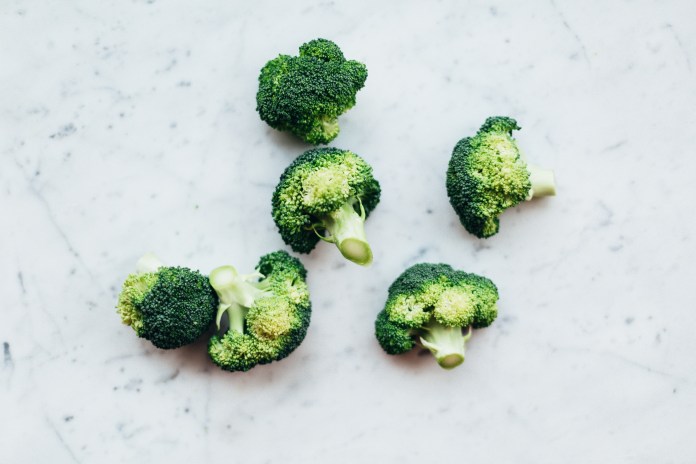Lately, many people are choosing to move towards a more plant-based diet. With this shift comes concerns about meeting their nutritional needs.
Traditionally, the foods thought to be the richest in calcium were mainly dairy-based and there has been historically strong media messaging surrounding the benefits of milk.
Some plant-based diets, like some forms of vegetarianism, include dairy products. Others like veganism, do not. There is frequently concern that decreasing or eliminating the intake of animal products will lead to deficiencies in important nutrients.
Here, I am going to break down some common calcium concerns and review which plant-based foods offer the most calcium!
Why do we need calcium?
Calcium is an essential nutrient. It is one of the main elements that make up bone. It also plays an important role in muscle contraction as well as sending signals between cells.
This messaging between cells allows for nerve conduction, blood vessel contraction, and the release of certain hormones. Calcium also acts as a chemical stabilizer for enzymes in the body. This allows for important chemical reactions to take place.
Can you have too much or too little calcium?
Yes. If we don’t get enough calcium we are at higher risk for conditions like osteoporosis. Low calcium levels are not always due to inadequate intake, however.
Problems with the parathyroid or deficiencies in other minerals like magnesium can also contribute to depleted calcium levels.
It is difficult to get too much calcium from the foods you eat, although you can get an excessive amount from taking supplements. Certain health conditions, like kidney problems, can also put you at risk for having too much calcium in your body.
Excess calcium can increase your chances of developing kidney stones as well as having calcifications form in other parts of your body.
How much do we need?
The average adult needs about 1,000 milligrams of calcium a day. For adults over 70 years of age, that number increases to about 1,200 milligrams a day.

Bioavailability
There is no question that both dairy and plant foods contain calcium that our bodies can use. However, what does get called into question is how available that calcium is to our bodies.
What this comes down to is something called bioavailability.
Bioavailability is defined as the degree to which a substance is absorbed or made available to use.
It is an important concept to understand when you are working towards achieving a balanced diet.
Each nutrient constituent of food has a certain bioavailability and that bioavailability is based upon several factors. These factors include:
- The form in which the nutrient exists in the food
- The other elements found in the food
- Your body and any medical conditions you may be facing
- Medications you may be taking
The bioavailability of plant-based calcium varies depending on which plant source you choose. Certain plant-sources are higher in chemicals called oxalate and phytate.
Phytate and oxalate can decrease the amount of calcium that can be absorbed from the food. Certain foods like spinach and wheat bran have higher levels of these substances.

Calcium Champs
Plants are indeed capable of providing you with calcium! Additionally, they tend to provide an astounding amount of vitamins, minerals, and fiber. Here is a list of plant-based foods that are calcium superstars.
Tofu prepared with calcium sulfate– 434 milligrams per 1/2 cup
White beans– 81 milligrams per 1/2 cup
Broccoli-31 milligrams per 1/2 cup
Bok choy– 79 milligrams per 1/2 cup
Dried Figs– 61 milligrams per 1/4 cup
Kale– 47 milligrams per 1/2 cup
Oranges-60 milligrams in 1 medium orange
Keep in mind that the above measurements may not be a typical serving size. For example, one serving of broccoli is usually one full cup. This means that for several of these foods, you will likely be getting quite a bit more calcium than is listed!
Also, whether foods are raw or cooked, and how they are cooked also affects how much calcium they will ultimately provide.
Final Thoughts
Calcium is a vitally important element in our diets. Without it, our bones can deteriorate and many of our important chemical reactions can be stalled.
Armed with the knowledge of which plant foods provide calcium, you can tailor your intake to get adequate amounts. What is important to remember about nutrition is that foods work in synergy. We do not eat in a vacuum!
The truth is we don’t know every detail about how nutrients are absorbed yet. But we do know that it is vital that we receive all of our nutrients from a variety of sources.
I want to be clear that dairy sources of calcium are still good sources of calcium. However, the benefits of leaning into a more plant-focused diet are innumerable and there are plenty of plant-based foods that are excellent sources of calcium!
Find out more: https://lpi.oregonstate.edu/mic/minerals/calcium#food-sources



